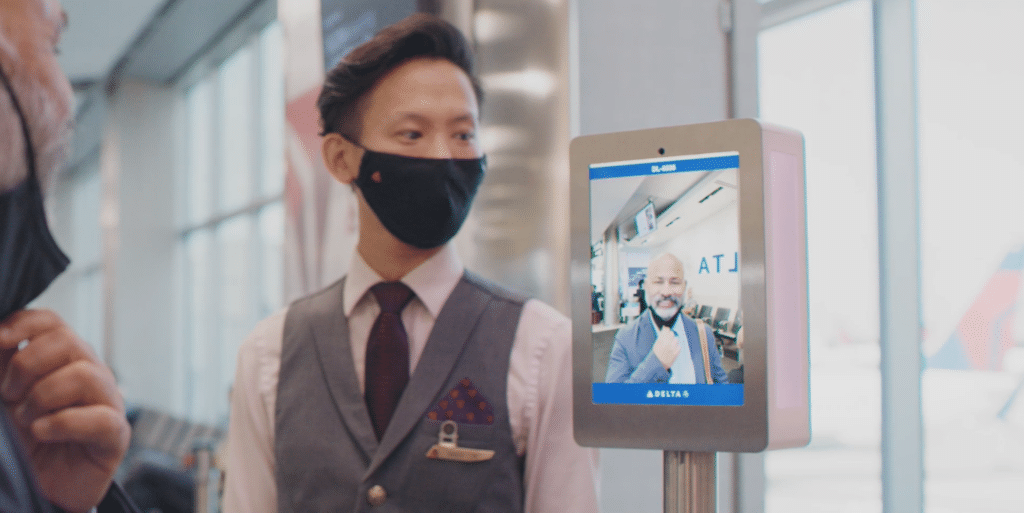No single direction for global air travel biometrics. Some in US just want to stop
Far from being a tsunami, the faces-as-passport movement nonetheless is raising waves in developed and undeveloped economies globally. Not all the action is in support of facial verification, however.
This year, officials at Germany’s Frankfurt Airport opened face scanning to replace physical documents previously required from check-in to boarding. The same is true at Dubai, United Arab Emirates, international airports.
There also are regions working toward that level of biometric automation, obviously.
In the Philippines, executives with Capital A, the holding company for AirAsia, is talking about plans to bring facial recognition software so that travelers can pay for air travel without physical ID documents.
At the same time, some officials in the United Kingdom are going out of their way to convince the nation that face biometrics have to replace passports for travel.
Then there is the United States, seemingly unable to agree on how to escape a one-door barn that is burning. Private pilot projects and government initiatives pepper the travel landscape with little cohesion.
Now, five senators of the minority Democratic Party want the federal Transportation Security Administration to halt its deployment of facial biometrics nationwide until officials address their concerns, primary of which is biometric data security. It is not the first such demand.
The Security Industry Association has published a statement in response, arguing that “TSA should reject demands to end use of the technology because in this case, facial recognition provides enhanced security, accuracy and convenience for travelers without impacting existing privacy rights or expectations.”
The organization also cites a public opinion survey it commissioned which indicated broad support for facial recognition in airports.
Frankfurt and Dubai are on board.
Frankfort Airport officials say they have installed a “true common-use” facial recognition platform plugged into all terminals and open to all airlines at the airport, according to SITA. SITA’s Smart Path ID management and Star Alliance Biometrics identification software, which uses NEC’s I:Delight for digital identity and biometric algorithms, have been integrated to create the platform.
Dubai’s international airports, which are under military control, this year eliminated the need for passports and boarding passes. Instead, a facial and iris scans are used, according to regional news publication Gulf News.
There are 122 biometric gates operating in the nation, and 12 million passengers used one last year, according to Gulf News.
Executives of Kuala Lumpur-based AirAsia, which reportedly has deployed face biometric systems in other nations’ airports to replace paper documents, are pushing for a bigger and more automated presence in the Philippines.
According to the Philippines Star, the executives want to bring facial recognition for ticket purchases and roughly double their fleet of aircraft to 24.
Capital A this week also upgraded its voice recognition AI concierge, now called Ask Bo.
The UK is not to far distant from AirAsia. According to The Guardian, officials in that nation’s Border Force feel that algorithms have made passports unnecessary. Whether it will replace UK passports – aside from current pilot projects — anytime soon is debatable.
The Guardian article notes that facial recognition software could be a force multiplier at a time when the tasks asked of the Border Force are growing faster than budgets.
That pressure may have to grow dramatically to counter the government’s and public’s general desire for the familiar, according to the publication.







